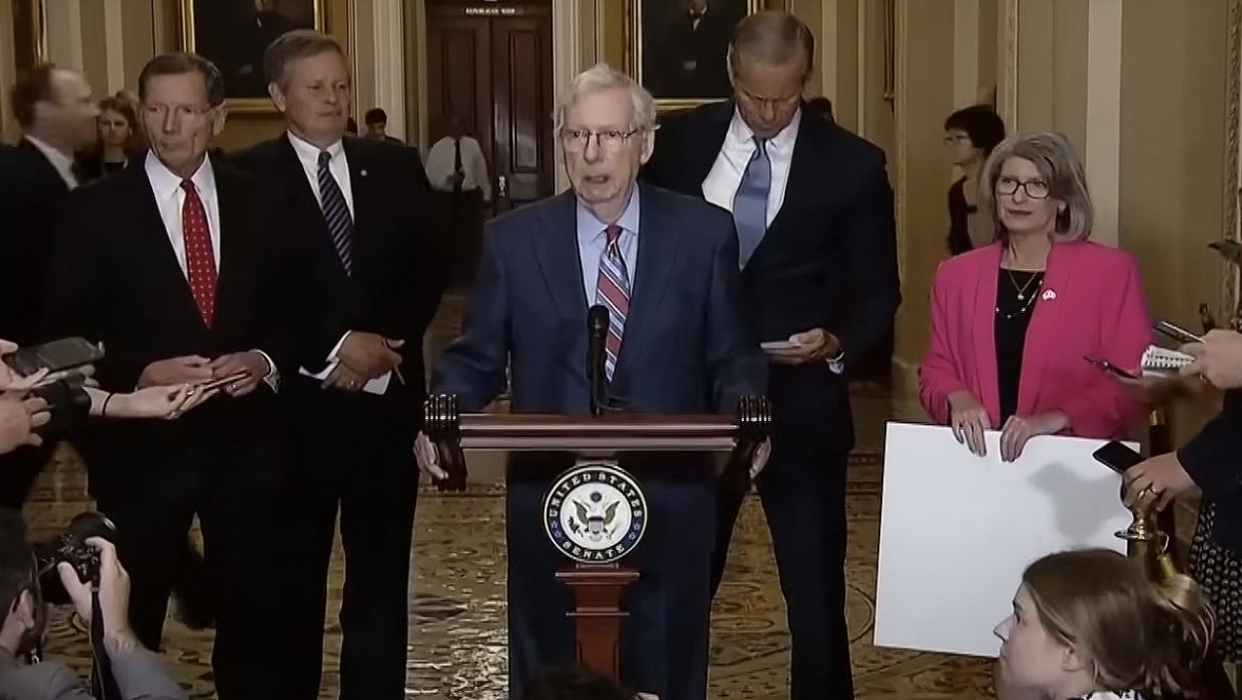Who is profiting from your education?

By: Malaika Tolford
Staff Writer
In the last century, higher education has changed from a privilege to a necessity and now it seems to be a necessary luxury. If you must have a degree in order to be successful, the student is going to find a way to get it. At a community college especially, students are highly motivated. Even those of us without clear goals are on a necessary path, and the romanticized image of a student learning simply for the sake of learning may not hold up in hustle and bustle of today’s academic environment.
Technological advancements have made distance learning, a popular alternative to classroom learning, possible at public and private institutions, community colleges and online universities alike, but at what cost? The advent of the online university makes it much clearer that education is an industry these days. Students pay, they plug in the work, they receive the degree that students paid for. Privatized education is not new, but the potential societal consequences of for-profit education in the future have not been fully enough explored.
If students are lucky, traditional education through schooling will continue to give us a broad set of skills including how to think critically and creatively. I find it hard to believe that a corporate or for-profit educational model would have the student’s best interests at heart.
Why would they help students become creative, engaged, critical citizens? It would not be in the student’s best interest, as capitalist enterprises, to create a generation of consumers who question their very products. Instead, the industry teaches citizens to become successful in a world controlled by corporations.
Before students get too carried away envisioning a dystopia future where society downloads the knowledge and skills necessary for workplace success in some Matrix-style contraption, look on the bright side. The very same technology that has made distance learning so successful has also given us revolutionary resources such as massive open online courses (MOOCs), Ted Talks and the Khan Academy.
MOOCs are an especially refreshing concept because they allow global citizens to learn, equally, from the most esteemed university researchers in the world. These online free educational ventures serve as a necessary reminder that while your degree may not be free, knowledge is out there if students are willing to inquire.
It is our responsibility as students, teachers and citizens to continue the human tradition of exploration and the quest for knowledge and understanding. This starts with a conscientious choice to engage, learn and progress. While paying for school might be necessary, (how else will pay for the teachers, administrators, staff and buildings themselves?)
I would be wary of any individual or enterprise that seeks to make a profit off of student’s personal exploration of the world. Is buying a degree really worth the cost? If it is not, then invest in oneself and make sure that the students the one in charge of student education.











